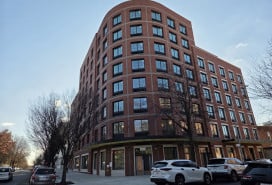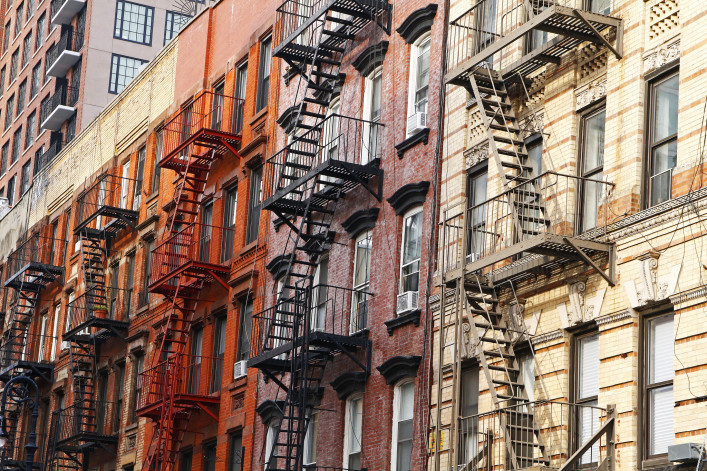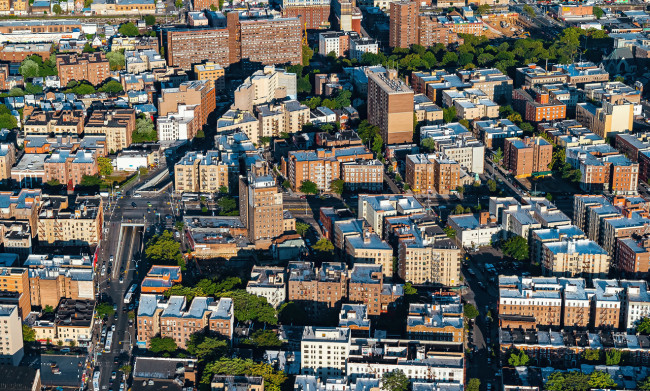What happens to tenants when a building's 80/20 commitment ends?
What happens to 80/20 tenants when a building's 80/20 commitment ends? Also, if I have SCRIE or DRIE, will that cover the rent increase, should the apartment revert to market rate?
Generally, 80/20 tenants continue to be protected from eviction or huge rent increases when a building's 80/20 commitment ends, but specific circumstances vary by building, our experts say.
The 80/20 housing program offers developers tax breaks in exchange for setting aside 20 percent of the apartments in their buildings for low- and middle-income renters. The "20" units are subject to regulatory agreements, which dictate that tenants pay no more than 30 percent of their monthly income on rent. (To learn more about 80/20 buildings and find out whether you qualify for one, see Brick's guide to the housing program.)
This arrangement will typically last for a pre-determined number of years. Once it expires, though, you should still have the right to remain in your apartment—and be protected from a substantial rent hike.
"For each project, the owner enters into a regulatory agreement which sets forward rights and obligations of low- and middle-income tenants," says Martin Heistein, a partner with Belkin Burden Wenig & Goldman, LLP. "And in almost all instances under these agreements, no one would be evicted or raised to market-rate rent, which would in effect result in an eviction."
Regulatory agreements cover the requirements for each 80/20 building, including income restrictions and lease renewal procedures. Requirements can vary depending on the project; some, for instance, might switch the "20" tenants to rent stabilization once the tax break expires, while others are covered by Section 8 housing policy.
Tenants covered by SCRIE (which freezes rent for senior citizens in rent-stabilized apartments) and DRIE (which does the same for eligible renters with disabilities) are protected from rent hikes when the 80/20 program ends.
"It's very fact-specific, but generally, tenants would continue to be protected at the end of the commitment period," Heistein says.
If you're unsure about your own situation, you should review your building's regulatory agreement in order to find out what your rights are. You should be able to get a copy of the agreement from your building's managing agent, whoever originally filed the paperwork for the 80/20 program, or the city agency that oversees your building's 80/20 program, Heistein says.
However, he adds, the legalese of these regulatory agreements isn't easy to parse.
"It doesn't make for beach reading," he says, so you may want to hire an attorney to help interpret it. "But there is a section in there under the heading 'Rights and Remedies of Post-Expiration Benefits.'" That's where you'll find the precise answer to your question.
Trouble at home? Get your NYC apartment-dweller questions answered by an expert! Send us your questions at experts@brickunderground.com.
For more Ask an Expert questions and answers, click here.
You Might Also Like






























